December 8, 2016
Presenteeism culture in the US means sick staff spread colds and virus at work 0
 In the United States where taking a sick day is frowned upon heavily and where the annual number of holiday days are around half of that of the UK, going to work when you’re ill is almost a mark of dedication. However, for the unfortunate colleagues of those who display such martyred behaviours, trying to avoid cold and flu in the workplace has reached desperate levels, as nearly half of people in a recent survey would give up a vacation day to a sick worker to ensure they don’t bring illness to the workplace. According to the seventh annual cold and flu season survey from Staples, while the workforce is keenly aware of the dangers as well as prevention tactics surrounding seasonal illness, personal accountability remains low, with nearly 80 percent of employees still going to work sick. This is despite the fact that employers increasingly appreciate that a sick employee at home is much preferable than one who has struggled into work.
In the United States where taking a sick day is frowned upon heavily and where the annual number of holiday days are around half of that of the UK, going to work when you’re ill is almost a mark of dedication. However, for the unfortunate colleagues of those who display such martyred behaviours, trying to avoid cold and flu in the workplace has reached desperate levels, as nearly half of people in a recent survey would give up a vacation day to a sick worker to ensure they don’t bring illness to the workplace. According to the seventh annual cold and flu season survey from Staples, while the workforce is keenly aware of the dangers as well as prevention tactics surrounding seasonal illness, personal accountability remains low, with nearly 80 percent of employees still going to work sick. This is despite the fact that employers increasingly appreciate that a sick employee at home is much preferable than one who has struggled into work.












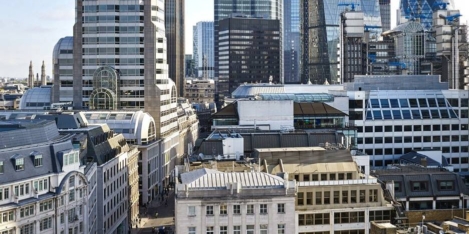
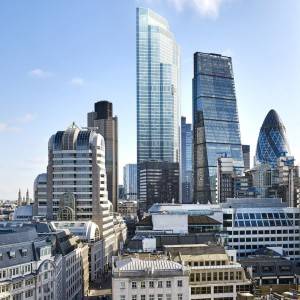
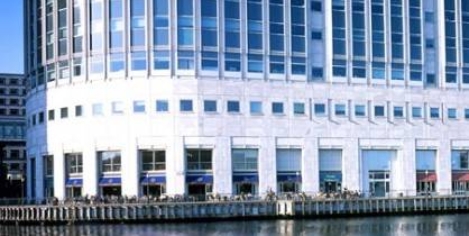
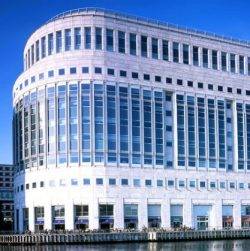

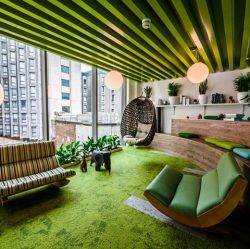




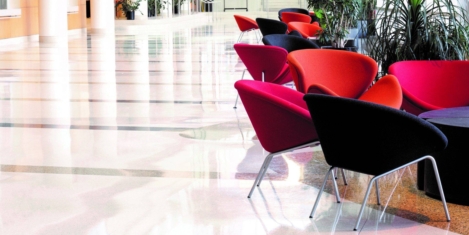
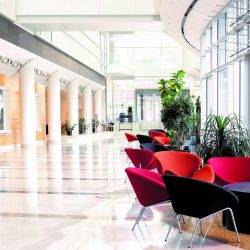












November 25, 2016
Reducing paper-weight is the key to maintaining a healthy business in the digital age 0
by Chas Moloney • Comment, Technology
(more…)